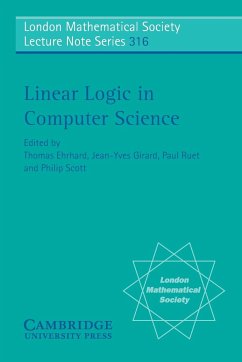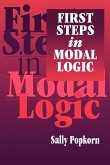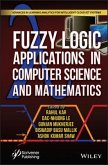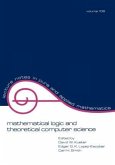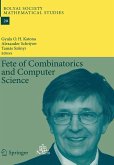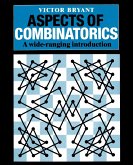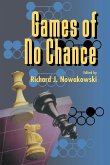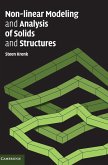Short description/annotation
This book illustrates linear logic in the application of proof theory to computer science.
Main description
Linear Logic is a branch of proof theory which provides refined tools for the study of the computational aspects of proofs. These tools include a duality-based categorical semantics, an intrinsic graphical representation of proofs, the introduction of well-behaved non-commutative logical connectives, and the concepts of polarity and focalisation. These various aspects are illustrated here through introductory tutorials as well as more specialised contributions, with a particular emphasis on applications to computer science: denotational semantics, lambda-calculus, logic programming and concurrency theory. The volume is rounded-off by two invited contributions on new topics rooted in recent developments of linear logic. The book derives from a summer school that was the climax of the EU Training and Mobility of Researchers project 'Linear Logic in Computer Science'. It is an excellent introduction to some of the most active research topics in the area.
Table of contents:
Part I. Tutorials: 1. Category theory for linear logicians R. Blute and Ph. Scott; 2. Proof nets and the x-calculus S. Guerrini; 3. An overview of linear logic programming D. Miller; 4. Linearity and nonlinearity in distributed computation G. Winskel; 5. An axiomatic approach to structural rules for locative linear logic J. M. Andreoli; 6. An introduction to uniformity in ludics C. Faggian, M. R. Fleury-Donnadieu and M. Quatrini; 7. Slicing polarized addictive normalization O. Laurent and L. Toratora De Falco; 8. A topological correctness criterion for muliplicative noncommutative logic P.A. Melliès; 9. Bicategories in algebra and linguistics J. Lambek; 10. Between logic and quantic: a tract J. Y. Girard.
This book illustrates linear logic in the application of proof theory to computer science.
Main description
Linear Logic is a branch of proof theory which provides refined tools for the study of the computational aspects of proofs. These tools include a duality-based categorical semantics, an intrinsic graphical representation of proofs, the introduction of well-behaved non-commutative logical connectives, and the concepts of polarity and focalisation. These various aspects are illustrated here through introductory tutorials as well as more specialised contributions, with a particular emphasis on applications to computer science: denotational semantics, lambda-calculus, logic programming and concurrency theory. The volume is rounded-off by two invited contributions on new topics rooted in recent developments of linear logic. The book derives from a summer school that was the climax of the EU Training and Mobility of Researchers project 'Linear Logic in Computer Science'. It is an excellent introduction to some of the most active research topics in the area.
Table of contents:
Part I. Tutorials: 1. Category theory for linear logicians R. Blute and Ph. Scott; 2. Proof nets and the x-calculus S. Guerrini; 3. An overview of linear logic programming D. Miller; 4. Linearity and nonlinearity in distributed computation G. Winskel; 5. An axiomatic approach to structural rules for locative linear logic J. M. Andreoli; 6. An introduction to uniformity in ludics C. Faggian, M. R. Fleury-Donnadieu and M. Quatrini; 7. Slicing polarized addictive normalization O. Laurent and L. Toratora De Falco; 8. A topological correctness criterion for muliplicative noncommutative logic P.A. Melliès; 9. Bicategories in algebra and linguistics J. Lambek; 10. Between logic and quantic: a tract J. Y. Girard.

